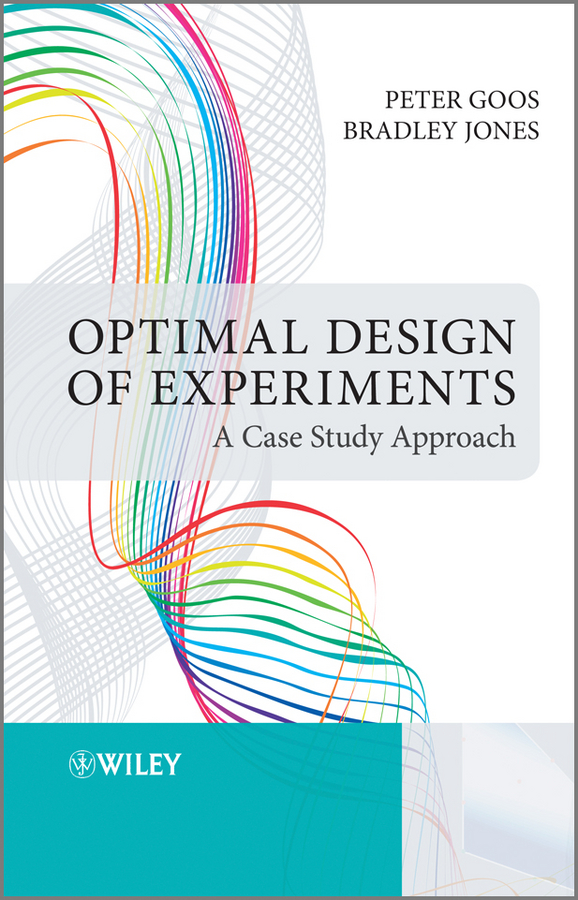Электронная книга: Jones Bradley «Optimal Design of Experiments. A Case Study Approach»

|
This is an engaging and informative book on the modern practice of experimental design. The authors'writing style is entertaining, the consulting dialogs are extremely enjoyable, and the technical material is presented brilliantly but not overwhelmingly. The book is a joy to read. Everyone who practices or teaches DOE should read this book. – Douglas C. Montgomery, Regents Professor, Department of Industrial Engineering, Arizona State University «It's been said:'Design for the experiment, don't experiment for the design.'This book ably demonstrates this notion by showing how tailor-made, optimal designs can be effectively employed to meet a client's actual needs. It should be required reading for anyone interested in using the design of experiments in industrial settings.» —Christopher J. Nachtsheim, Frank A Donaldson Chair in Operations Management, Carlson School of Management, University of Minnesota This book demonstrates the utility of the computer-aided optimal design approach using real industrial examples. These examples address questions such as the following: How can I do screening inexpensively if I have dozens of factors to investigate? What can I do if I have day-to-day variability and I can only perform 3 runs a day? How can I do RSM cost effectively if I have categorical factors? How can I design and analyze experiments when there is a factorthat can only be changed a few times over the study? How can I include both ingredients in a mixture and processing factors in the same study? How can I design an experiment if there are many factor combinations that are impossible to run? How can I make sure that a time trend due to warming up of equipment does not affect the conclusions from a study? How can I take into account batch information in when designing experiments involving multiple batches? How can I add runs to a botched experiment to resolve ambiguities? While answering these questions the book also shows how to evaluate and compare designs. This allows researchers to make sensible trade-offs between the cost of experimentation and the amount of information they obtain. Издательство: "John Wiley&Sons Limited"
ISBN: 9781119974000 электронная книга Купить за 7414.5 руб и скачать на Litres |
Другие книги схожей тематики:
| Автор | Книга | Описание | Год | Цена | Тип книги |
|---|
См. также в других словарях:
Design of experiments — In general usage, design of experiments (DOE) or experimental design is the design of any information gathering exercises where variation is present, whether under the full control of the experimenter or not. However, in statistics, these terms… … Wikipedia
Passive solar building design — Elements of passive solar design, shown in a direct gain application … Wikipedia
Drug design — Not to be confused with Designer drug. Drug design, also sometimes referred to as rational drug design or structure based drug design, is the inventive process of finding new medications based on the knowledge of the biological target.[1] The… … Wikipedia
Charles Sanders Peirce — B … Wikipedia
University of Helsinki — is not to be confused with either the Helsinki University of Technology or the University of Art and Design Helsinki. University of Helsinki Helsingin yliopisto Helsingfors universitet … Wikipedia
Life Sciences — ▪ 2009 Introduction Zoology In 2008 several zoological studies provided new insights into how species life history traits (such as the timing of reproduction or the length of life of adult individuals) are derived in part as responses to… … Universalium
